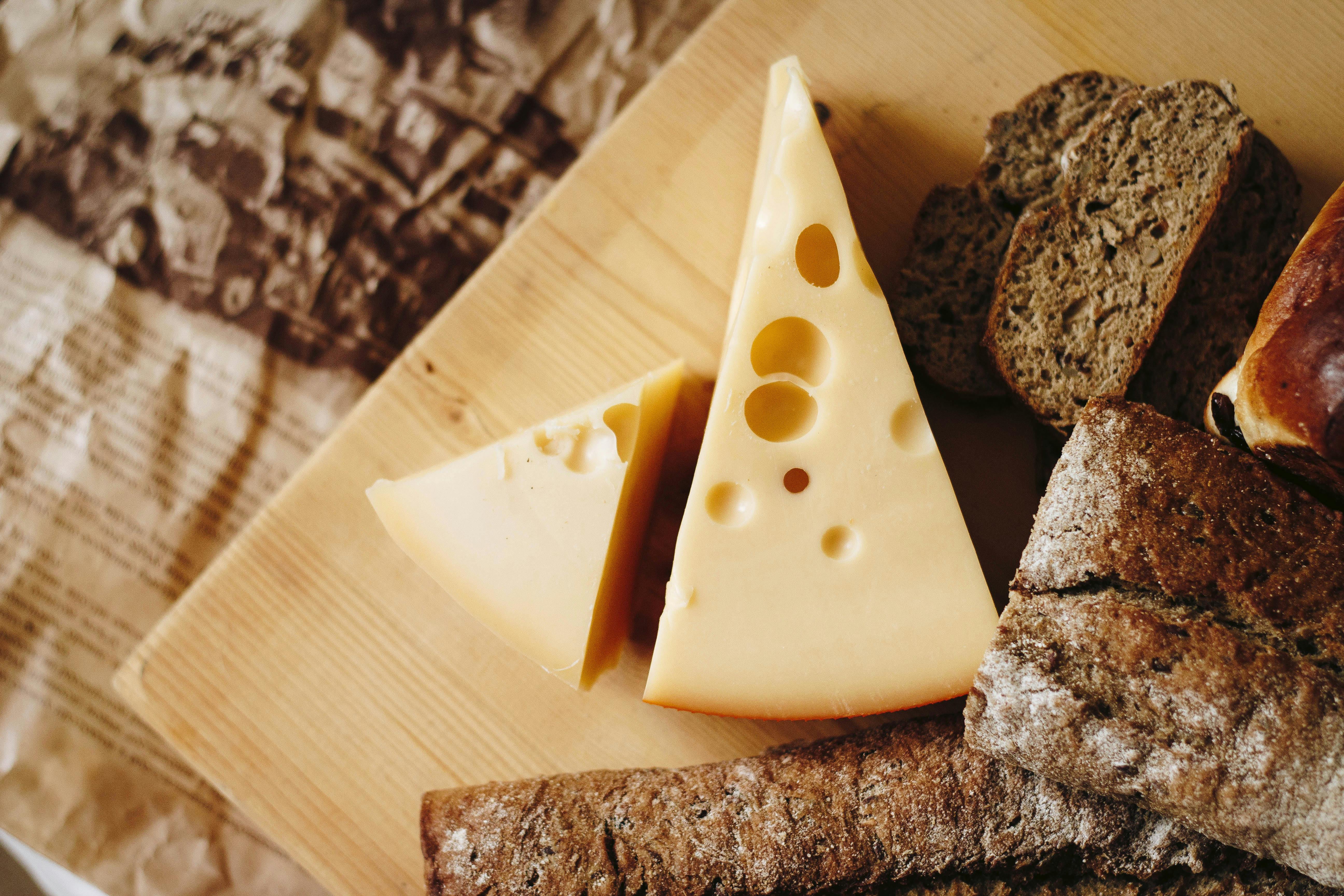Diving into the World of Artisanal Cheeses
Cheese is a versatile culinary mainstay that has been enjoyed for thousands of years across countless cultures. But what if we told you there is more to cheese than meets the eye? Let's embark on a culinary journey to discover the fascinating world of artisanal cheeses and how they are revolutionizing our food experiences.

A World of Flavors and Textures
Artisanal cheeses offer an exciting array of flavors and textures that are often absent in mass-produced varieties. From the creamy and nutty Comté of France to the crumbly, tangy Cheshire from England, these cheeses are a testament to the rich diversity of the dairy world. Artisanal cheese makers pay meticulous attention to every detail, from the quality of the milk to the aging process, resulting in a product that is truly unique and full of character.
The Art of Cheese Making
Cheese making is a delicate balance of science and art. Artisanal cheese makers leverage centuries-old techniques, combining them with their own creativity and innovation. They curate the growth of specific molds, control the temperature and humidity of aging rooms, and even play music to their cheeses. Yes, you heard that right, some believe that music can influence the development of flavors in cheese!
Pairing Cheeses with Wine and Food
Knowing how to pair artisanal cheeses with the right wine or food can elevate your culinary experience to new heights. For instance, a bold Cabernet Sauvignon pairs beautifully with aged Gouda, while a crisp, fruity Pinot Gris complements the creaminess of a Brie. With the right pairing, every bite becomes a symphony of perfectly balanced flavors.
Artisanal Cheese and Sustainability
Artisanal cheese makers are also at the forefront of promoting sustainability and local produce. They often source their milk from small, local farms, fostering a sense of community and supporting local economies. Moreover, because artisanal cheese making is less industrialized, it tends to have a smaller carbon footprint compared to mass-produced cheese.
Some Cheese-y Facts and Tips
- The holes in Swiss cheese are caused by the release of carbon dioxide during the fermentation process.
- Storing cheese properly can greatly extend its shelf life. Hard cheeses should be wrapped in wax paper, while soft cheeses are best stored in airtight containers.
- Cheese is a good source of protein, calcium, and certain vitamins such as B12.
As we explore the world of artisanal cheeses, we realize that cheese is not just a food, it’s an experience. Whether it’s the science behind the cheese-making process, the art of pairing, or the sustainability aspect, there is so much more to cheese than we initially thought. So, the next time you enjoy a piece of cheese, take a moment to appreciate the craftsmanship and tradition that went into making it. You’ll find that it makes the experience all the more delicious.




